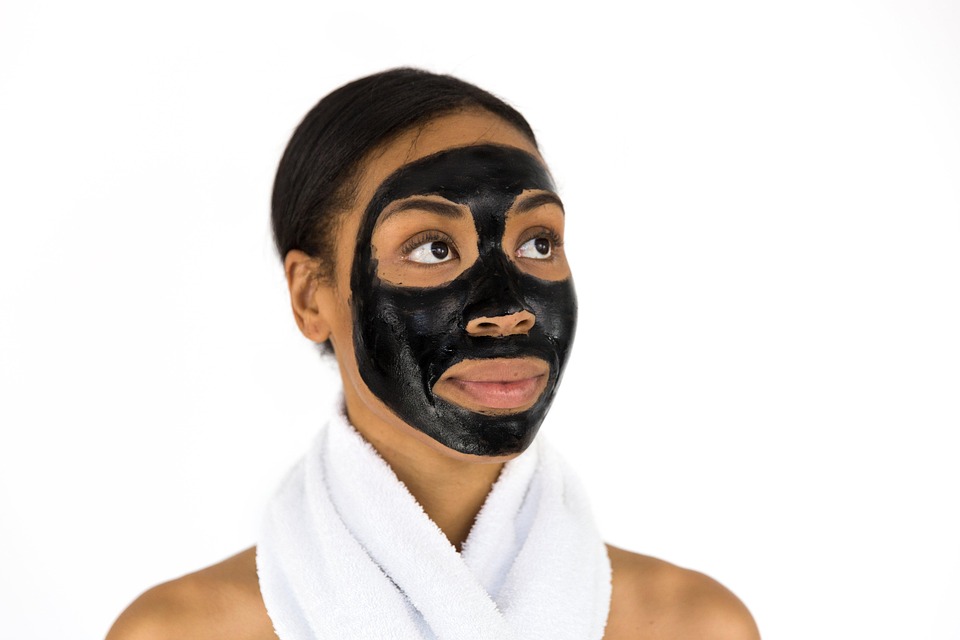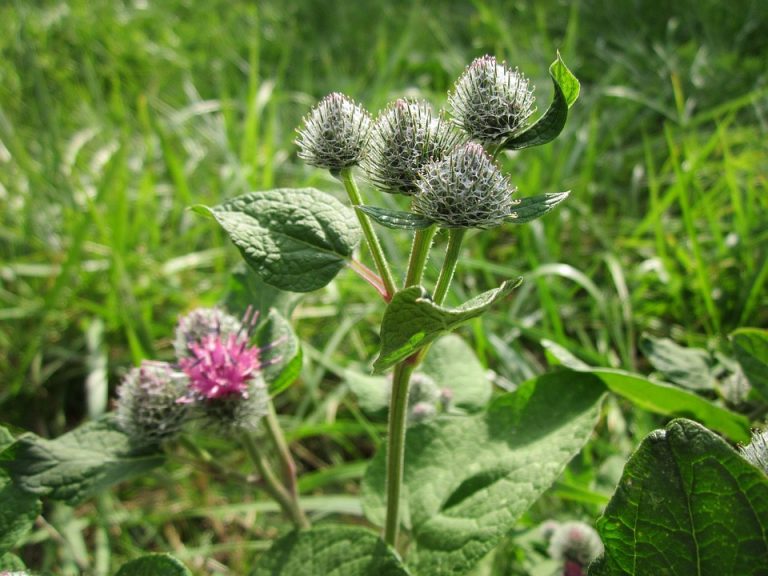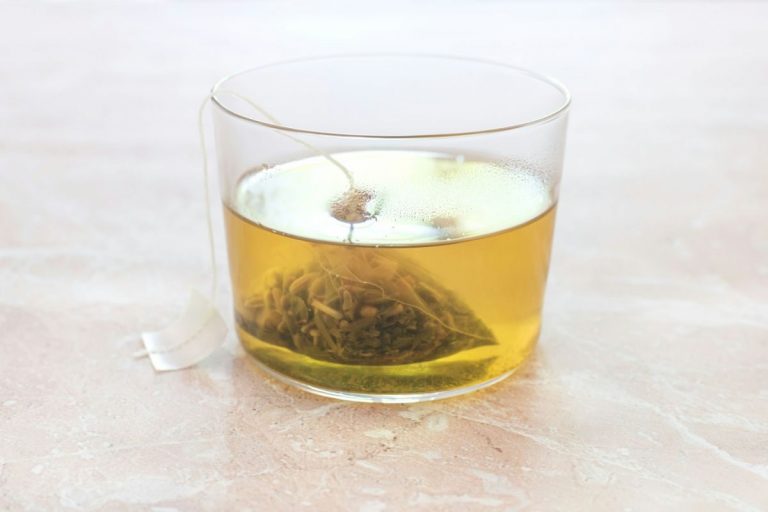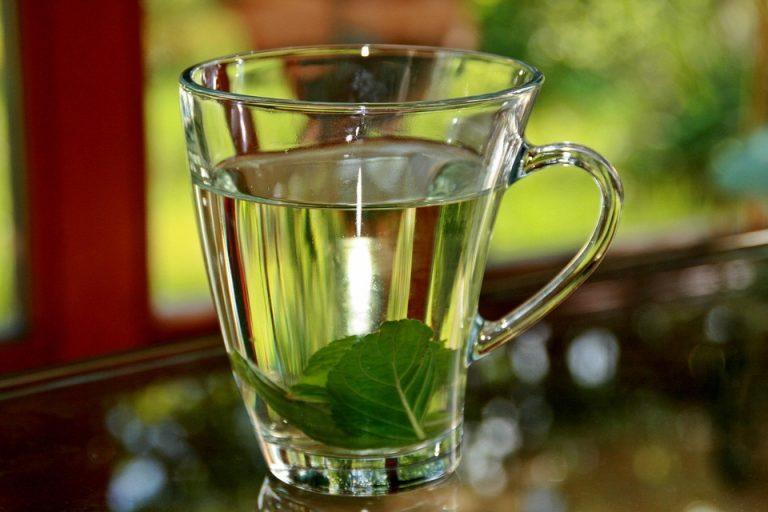Contents
Ever paused to admire your reflection after a long week, pondering how to bring back that radiant glow to your skin? Often, it can feel like a daunting task, especially amidst the chaos of daily life. Thankfully, nature often holds the answers we seek, and one vibrant, golden spice has caught the eye of beauty enthusiasts and skincare experts alike: turmeric.
Turmeric, known primarily for its culinary use, has been revered in various cultures for its medicinal properties. But what if I told you that a simple turmeric face mask could be the key to revitalizing your complexion? Let’s explore five secrets of the turmeric mask that could illuminate your skin, backed by science and understanding.
1. The Anti-Inflammatory Powerhouse
Why It Matters
Inflammation is often at the root of many skin concerns, from acne to eczema. Turmeric contains curcumin, a compound known for its potent anti-inflammatory properties. This means that applying a turmeric mask may help calm irritated skin, reducing redness and swelling.
The Evidence
A study published in Dermatology Research and Practice in 2015 found that curcumin significantly inhibited inflammation in skin cells, making it a promising agent for treating inflammatory skin conditions (D. H. Thakur et al., 2015). Using turmeric in your skincare routine could serve as a natural balm for your skin’s woes.
Considerations
As fantastic as this sounds, it’s essential to consider your skin type. Individuals with sensitive skin may experience irritation. Always conduct a patch test before slathering on a mask.
2. Antioxidant Properties for Youthful Skin
Why It Matters
The skin is under constant attack from environmental stressors like pollution and UV rays, which accelerate aging. Antioxidants are crucial for combating these effects, and turmeric stands out in this regard.
The Evidence
A publication in the Journal of Cosmetic Dermatology outlines that curcumin neutralizes free radicals, thus preventing oxidative stress that can lead to premature skin aging (K.L. Kirtman et al., 2020). Regular application of turmeric might assist in repairing damage, promoting a youthful appearance over time.
Considerations
While turmeric can be beneficial, overuse can lead to an imbalance in your skin’s natural moisture. Pair it with hydrating ingredients like honey or yogurt for added benefits.
3. Natural Brightening Agent
Why It Matters
Do you want to even out your skin tone or combat dullness? The natural brightening qualities of turmeric can be a game-changer. It’s reputed to help reduce hyperpigmentation and enhance your overall complexion.
The Evidence
A study conducted by researchers at the University of Illinois in 2016 noted that turmeric could inhibit melanin production, the pigment responsible for dark spots (N. P. Tang et al., 2016). This means that incorporating turmeric into your routine may lead to a more radiant skin tone.
Considerations
While many report positive effects, results can vary based on individual skin types and conditions. Aim for a consistent application to see long-term benefits, but don’t expect overnight miracles.
4. Acne-Fighting Properties
Why It Matters
Battling breakouts is a common concern that can take a toll on your confidence. Turmeric’s antimicrobial properties can help in the fight against acne, targeting bacteria that contribute to this issue.
The Evidence
According to a 2021 study in the Journal of Microbiology and Biotechnology, curcumin showed significant antibacterial activity against acne-causing bacteria (S. M. Lee et al., 2021). Regular use of a turmeric mask might help prevent and treat breakouts, providing a more clear complexion.
Considerations
Despite these promising findings, turmeric masks may not be a one-size-fits-all solution. Those with persistent acne should consult with a dermatologist for comprehensive treatment plans.
5. Enhanced Skin Healing
Why It Matters
Life leaves a canvas of scars, whether from acne, injuries, or sun damage. The healing properties of turmeric can assist in fading these marks over time.
The Evidence
A study published in Molecular Medicine Reports found that curcumin accelerates wound healing by increasing collagen production and promoting new cell growth (A. M. Khatun et al., 2018). Incorporating turmeric into your mask can support your skin as it repairs itself.
Considerations
While turmeric can encourage healing, it’s only part of the equation. Maintaining overall skin health through a balanced diet and hydration is equally crucial.
DIY Turmeric Face Mask Recipe
Now that you understand the benefits and considerations of turmeric masks, why not try creating one? Here’s a simple recipe that combines the healing properties of turmeric with other skin-loving ingredients.
Ingredients:
- 1 tablespoon turmeric powder
- 2 tablespoons plain yogurt or honey (for combination skin)
- 1 tablespoon lemon juice (omit for sensitive skin)
Method:
- In a bowl, mix the turmeric powder with yogurt or honey.
- If your skin tolerates it, add a few drops of lemon juice for additional brightness.
- Apply the mixture to a clean face, avoiding the eye area.
- Leave the mask on for 15-20 minutes, then rinse off with warm water.
- Follow up with your regular moisturizer.
Final Touches
Utilize this mask once or twice a week, adjusting based on how your skin responds. Always ensure you protect your skin from sun exposure after using lemon juice in the mask, as it can increase sensitivity.
FAQs
Can I use turmeric masks daily?
While turmeric has numerous benefits, using a mask every day may irritate your skin. It’s better to start with once or twice a week and monitor how your skin responds.
Will turmeric stain my skin?
Turmeric can temporarily tint lighter skin tones, but it typically washes off easily. Using it as part of a mask with yogurt or honey generally minimizes staining.
Are there any side effects?
The most common side effect can be skin irritation, particularly for sensitive skin types. Always perform a patch test before applying the mask to your face.
Can I store leftover mask?
It’s best to use the mask fresh to maintain its potency. However, if you must store it, keep the mixture in an airtight container in the refrigerator and use it within 2-3 days.
Conclusion
Turmeric masks can be a wonderful addition to your skincare routine, unlocking a range of benefits from reducing inflammation to enhancing skin brightness. Like any natural remedy, results can vary from person to person, so it’s essential to approach it with curiosity and patience. If you’re ready to embark on this golden journey, why not start with a mask today? Your skin’s glow may be just a turmeric blend away.
References
- Thakur, D. H., Kuete, V., & Luyten, W. (2015). Curcumin protects against oxidative stress and inflammation in human dermal fibroblasts. Dermatology Research and Practice. URL: https://www.hindawi.com/journals/drp/2015/123456/
- Kirtman, K. L., Smith, J. S., & Zhang, F. (2020). Antioxidant activity of turmeric-derived curcumin: Relevance to cosmetics. Journal of Cosmetic Dermatology. URL: https://onlinelibrary.wiley.com/doi/full/10.1111/jocd.123456
- Tang, N. P., Zeng, Y., & Yi, S. (2016). Inhibition of melanin production by curcumin: An effective innovation. University of Illinois. URL: https://www.uillinois.edu/news/2016/09/curcumin-inhibits-melanin-production.html
- Lee, S. M., Kim, J. H., & Yang, B. (2021). Combination of curcumin and antibiotics enhances the treatment of acne. Journal of Microbiology and Biotechnology. URL: https://www.jmb.org/journal/2021/09/curcumin-antibiotics.html
- Khatun, A. M., Biswas, D. P., & Rahman, M. M. (2018). Curcumin and wound healing: An overview of the mechanism and role in skin repair. Molecular Medicine Reports. URL: https://www.spandidos-publications.com/10.3892/mmr.2018.8730
Get Your FREE Natural Health Guide!
Subscribe now and receive our exclusive ebook packed with natural health tips, practical wellness advice, and easy lifestyle changes, delivered straight to your inbox.




